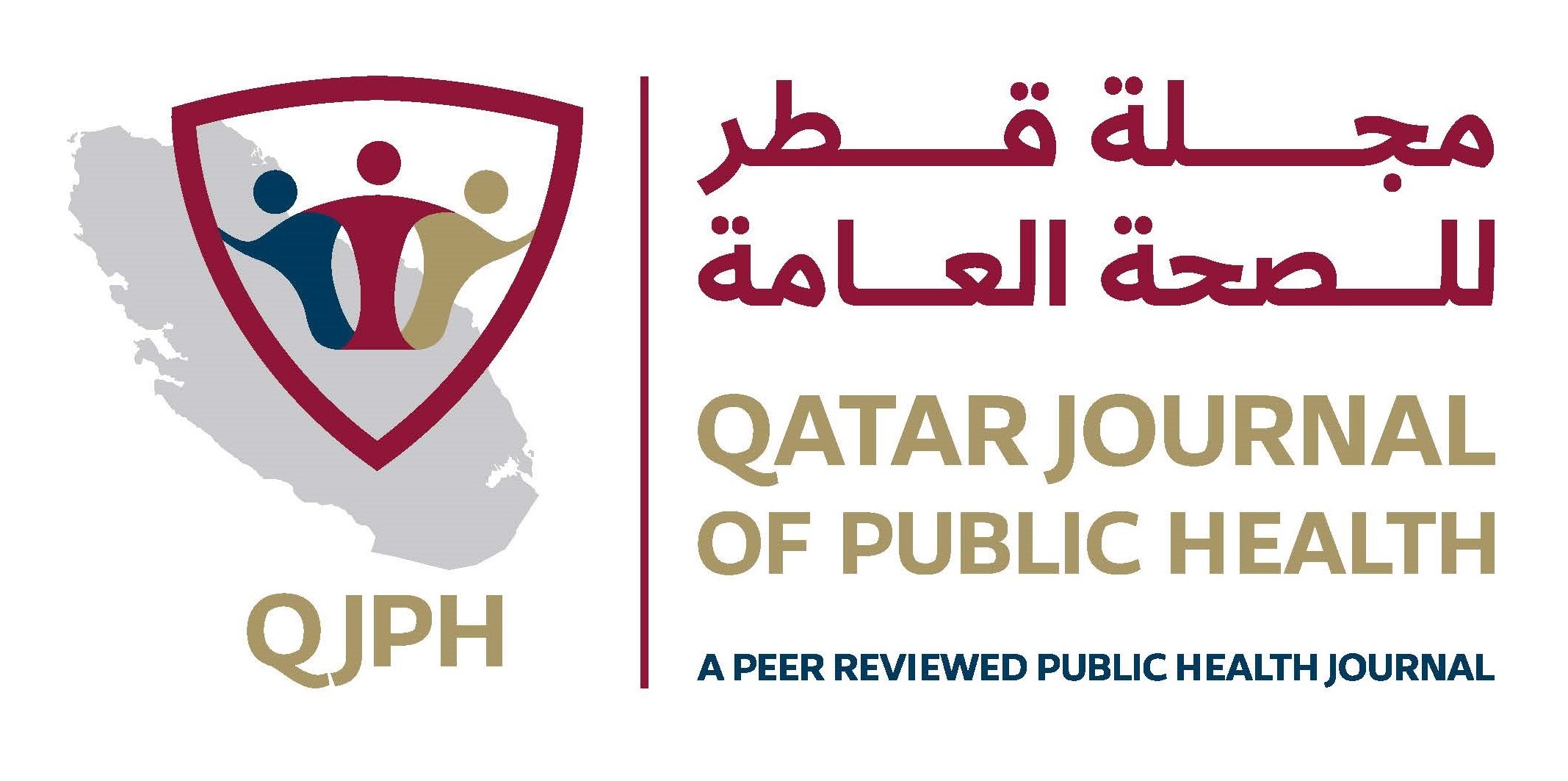-
oa Kawasaki Disease: Case Report of an Unexpected Diagnosis in a 5-Month-Old Infant with Fever without Source
- Source: Qatar Journal of Public Health, Volume 2023, Issue 2, فبراير ٢٠٢٤, 7
-
- ١٨ سبتمبر ٢٠٢٣
- ٣١ أكتوبر ٢٠٢٣
- ٢٢ نوفمبر ٢٠٢٣
ملخص
Background Fever without a source of infection (FWS) is a common presentation in infants and children. Kawasaki disease (KD) is a rare but serious illness that can sometimes present with FWS. Early diagnosis of KD is important in infants younger than 6 months because delayed treatment has a poor outcome in this age group.
Case presentation A 5-month-old male child, who was first taken by his parents to the primary health center with a complaint of fever, was referred to the hospital Pediatric Emergency Center (PEC). A viral cause was suspected, and he was sent home on oral antipyretic medicine. The next day, the infant developed decreased oral intake and lethargy, so he was admitted to the PEC for observation. The infant was initially diagnosed with sepsis and admitted to the pediatric intensive care unit (PICU). On the fourth day of fever, the infant developed a skin rash, bilateral nonpurulent conjunctival congestion, strawberry tongue, and left posterior cervical lymphadenopathy. The infant was diagnosed with KD and received intravenous immunoglobulin (IVIG) and aspirin. The infant made a full recovery and was discharged home after 11 days of hospitalization.
Discussion KD is a rare but serious illness that can affect infants and children. Infants younger than 6 months with KD tend to have incomplete forms of the disease, which can make the diagnosis difficult. Delays in the diagnosis and treatment of KD can have serious consequences, including the development of coronary artery aneurysms (CAAs).
Conclusion This case report highlights the early presentation of KD in a 5-month-old infant. The early signs and symptoms of KD can be vague or mimic other common illnesses such as viral infections and sepsis. The diagnostic criteria may not be met in the early phase of the disease. Laboratory tests are not specific or diagnostic. Early diagnosis and treatment are essential to prevent serious complications. The patient in this case report was fortunate to be diagnosed and treated early. He responded well to treatment and made a full recovery.


